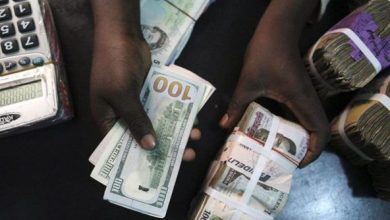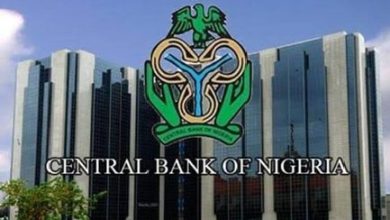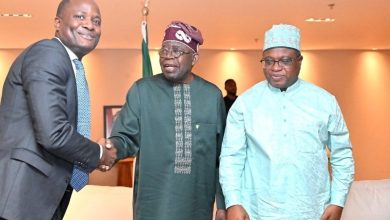Naira Drops to ₦1,585/$ in Parallel Market as Exchange Rate Gap Widens to ₦58
Naira struggles as forex gap widens amid high dollar demand, low inflows, and speculation.
Parallel market dips worsen despite CBN’s efforts, raising pressure for urgent exchange reform.
Nigeria’s currency is facing significant challenges in the foreign exchange market, as the naira depreciated to ₦1,585 per US dollar in the parallel market on Tuesday, marking a ₦15 decline from the previous day’s rate of ₦1,570.
This continued drop reflects heightened demand for the dollar and ongoing supply constraints in the informal trading market. In contrast, the naira appreciated by ₦5 in the Nigerian Foreign Exchange Market (NFEM), rising from ₦1,532/$ on Monday to ₦1,527/$ on Tuesday, according to figures from the Central Bank of Nigeria (CBN).
The gap between the official and unofficial markets has now widened to ₦58 per dollar, compared to ₦38 recorded the day before. Analysts caution that such a significant disparity exacerbates Nigeria’s long-standing two-tier exchange rate issue, which undermines investment confidence and encourages currency speculation.
Bureau de Change (BDC) operators in Lagos and Abuja attribute the naira’s weakness in the street market to a surge in dollar demand due to summer travel, decreased foreign inflows, and speculative activities. The widening gap also creates arbitrage opportunities, allowing traders to exploit the differences between official and black market rates. Despite the Central Bank’s recent policies aimed at stabilizing the currency including increased interest rates, limiting forex supply to unauthorized channels, and cracking down on illegal operators the foreign exchange market continues to react to broader macroeconomic challenges, such as Nigeria’s dependence on imports and weak dollar reserves.
The growing disparity between official and parallel market rates has renewed concerns about Nigeria’s exchange rate management. Economists argue that this two-tier system distorts pricing, complicates investment planning, and undermines transparency in the forex market. There are increasing calls for the CBN to unify the rates or implement stronger reforms to enhance liquidity and bolster investor confidence.
As the summer season peaks and demand for international travel and import payments remains elevated, pressure on the naira is expected to continue in the coming weeks. Unless there is a significant improvement in foreign exchange supply through exports, diaspora remittances, or international investments, the Central Bank may need to take more aggressive measures to narrow the rate differential and mitigate speculative pressure on the currency.
The naira’s fluctuations remain a vital indicator of Nigeria’s economic health, and both local and foreign stakeholders will be closely monitoring any policy signals from monetary authorities in the coming days.



